Most Great Resignation ‘Takers’ Have Regrets

A recent survey by the online career platform The Muse found that more than 70 percent of workers who changed jobs during the Great Resignation say their new positions aren’t what they expected.
Reddit user Darksideofthemoon90 recently shared, “I was so excited to move to a new city, new job, better pay, better work-life balance. But as soon as I started … I realized how big of a mess I am in. It has been two weeks now, work-life balance is non-existent and the culture doesn’t seem great either.”
Overwhelmingly, dissatisfied job hoppers admit that they made a lot of emotional decisions in a short period of time because they had experienced a serious life change. However, many now see that these decisions were made without thinking everything through.
If you are experiencing quitter’s remorse, before choosing to quit again, career management expert Bryn Panee Burkhart suggests logging your experience to help guide a conversation with your manager. She says to present the problems you’re facing and ask, “Can we work together to address this?”
And career coach Kristen Zavo gives equally sound advice, suggesting that job seekers research company values and culture, and leverage their networks for insight to avoid new-hire remorse.
Jill, What Can I Do? Before you quit your job, take Burkhart’s advice. Log your experience to help guide a productive conversation with your manager to see if you can come to a common understanding that you think will increase your engagement. If you’ve already quit your job and are looking for a new one, understand that workplace culture is more important than your actual job. When you’re interviewing, determine if the company culture is the right fit for you. While an interview is your chance to impress an employer, it is also an opportunity to gauge if you would be happy working for them.

